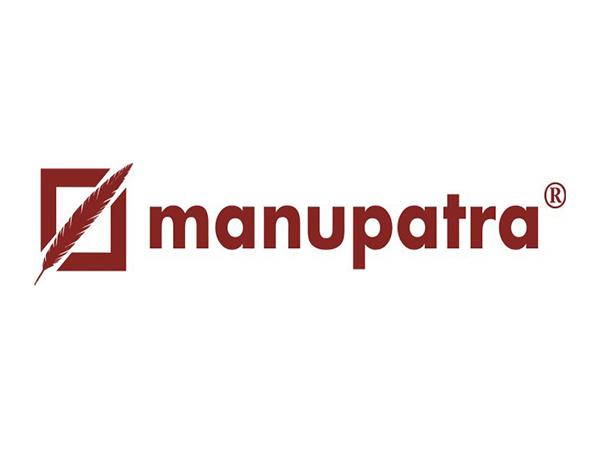New Delhi [India], June 2: At Manupatra, we have consistently led technological innovation within the Indian legal community. Through our ongoing dialogue with legal practitioners and law students, we’ve gained valuable insights into prevailing legal trends and technologies significantly impacting India’s legal sector.
In recent years, artificial intelligence (AI) has extensively influenced both personal and professional domains. In the legal sector specifically, AI-driven tools have significantly enhanced legal processes such as research, drafting assistance, and contract management. Nonetheless, the integration of AI has encountered issues, including incidents where lawyers and judges have inadvertently cited fabricated cases generated by AI algorithms.
Recognizing AI’s vast potential in the legal field, Manupatra has conducted an unprecedented nationwide survey to evaluate the extent and status of AI adoption within India’s legal environment. Our comprehensive survey gathered crucial insights directly from legal professionals and students to identify existing gaps that require addressing to ensure responsible, ethical, and productive AI implementation. These insights are pivotal for policymakers, industry leaders, and the legal community, providing guidance on best practices and mitigating risks.
Manupatra is now unveiling its detailed report titled “Adoption of AI in the Indian Legal Landscape.” The study collected responses from 227 participants, including law students, advocates, in-house legal counsels, firm partners, academics, and judicial officers from across India.
Key Findings:
- Digital-Native Participation: 60% of respondents are aged 18-34, predominantly comprising law students (36.6%) and advocates (23.8%), indicating strong foundational readiness for adopting AI.
- Broad Initial Use: Approximately 60% reported using AI tools within the last year, primarily for legal research (77.9%), summarization tasks (65.7%), and drafting assistance (54.7%).
- Efficiency Versus Trust Concerns: While 79.7% acknowledge significant efficiency gains, a mere 4.1% completely trust AI-generated outputs without human verification, and 48.8% consistently review results prior to utilization.
- Notable Barriers: Over half (58.1%) identify unreliable outputs, while 51.2% highlight AI’s tendency to generate inaccurate or fabricated content. Additionally, 42.4% express dissatisfaction with the lack of contextually accurate Indian legal content in existing tools.
- Governance Shortcomings: Despite 77.1% agreeing on the need for transparency regarding AI use in legal advice, only 11% report having established written AI guidelines.
Key Challenges Identified:
- Output Reliability (58.14%): Users frequently cite inconsistencies and inaccuracies as significant hurdles.
- Data Privacy Concerns (47.67%): Close to half of participants voiced concerns regarding maintaining client confidentiality and data security.
- Absence of India-specific Context (42.44%): Respondents highlighted AI’s limited understanding and application of Indian laws and precedents.
- Ethical and Professional Responsibility (38.37%): Users express apprehension about legal liabilities, ethical dilemmas, and biases associated with AI.
- Awareness and Training Deficiencies (40.12% & 34.30%): Many identify insufficient training and low tool awareness as barriers to broader AI adoption.
User Expectations and Future Outlook:
- Adoption Timeline: About 35.68% anticipate AI becoming commonplace in legal tasks within 1-2 years, while only 3.96% foresee adoption beyond five years.
- Optimism with Caution: A notable 46.25% hold an overall positive perspective, and 18.06% describe AI as “transformative.” However, 45.37% maintain a balanced view, acknowledging both opportunities and potential risks.
- Required Facilitators: Participants strongly advocate for accredited AI training (67.40%), trial or freemium access (66.52%), and formal regulatory guidance (47.58%) to facilitate widespread adoption and build confidence.
- AI as Support, Not Replacement: The general expectation remains that AI will primarily assist rather than replace human judgment in legal decision-making.
About Manupatra:
Manupatra is India’s leading provider of legal, regulatory, and business information and analytics, helping subscribers navigate laws efficiently. Founded in 2000, it pioneered online legal research in India, offering an extensive and sophisticated database of Indian and international legal resources powered by AI and ML. Trusted by legal professionals, law firms, judicial authorities, government bodies, corporate legal departments, and students, Manupatra combines technology and law to deliver comprehensive and user-friendly legal information.


